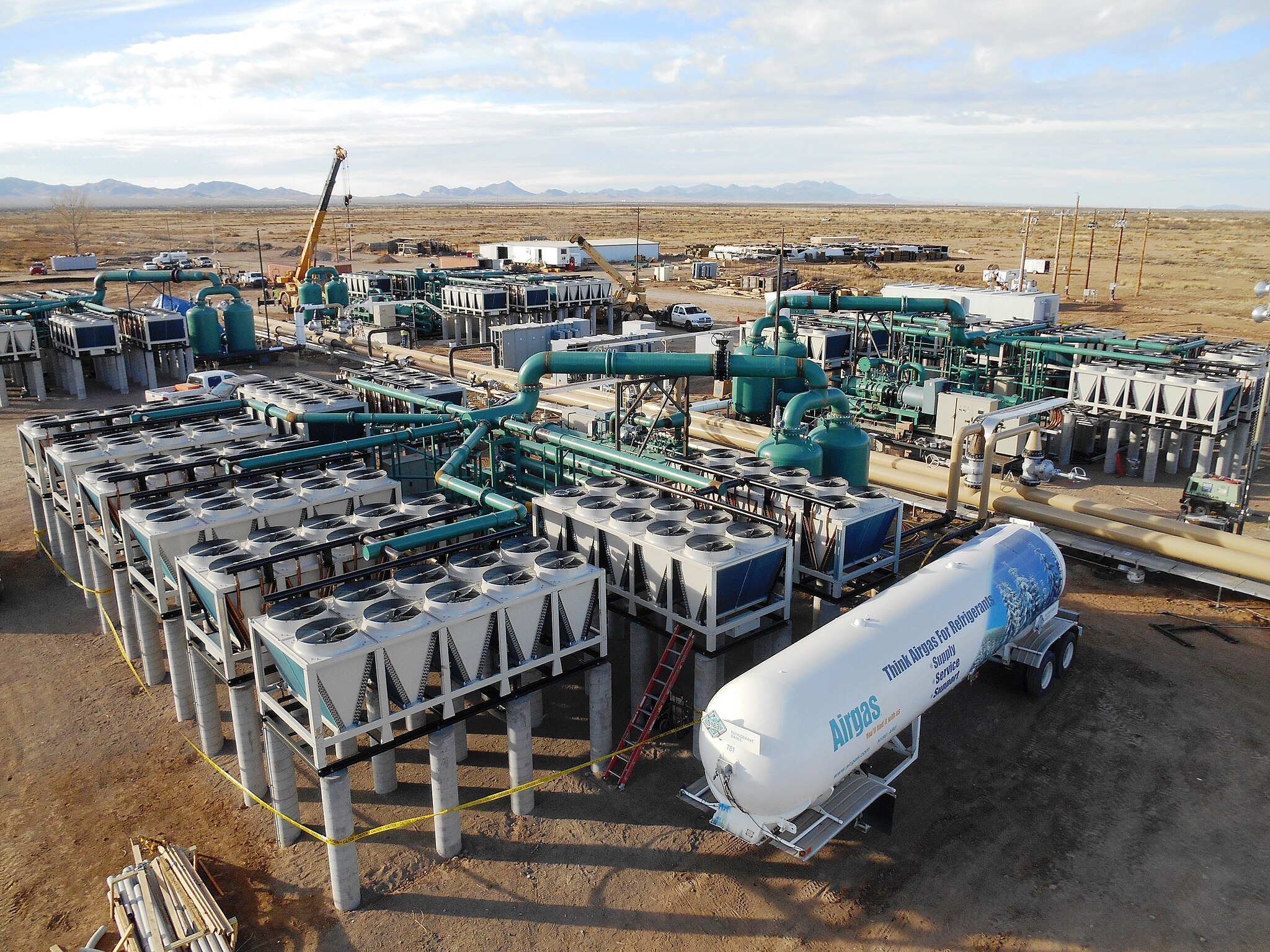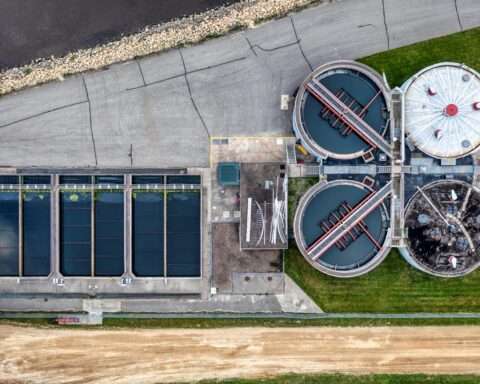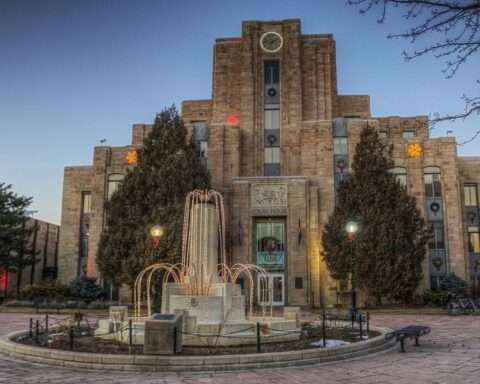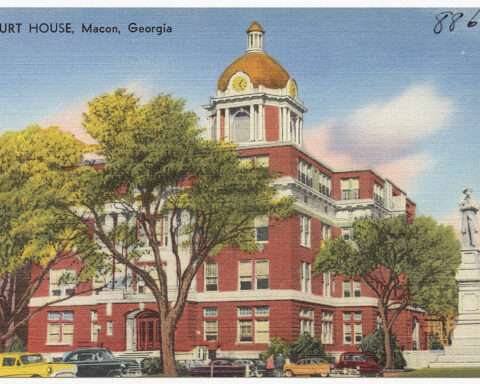This story was originally published in the Government Contracting Pipeline newsletter from Strategic Partnerships, Inc. To have the latest government contracting news stories from across the country delivered straight to your inbox, click here to subscribe.
Geothermal energy, despite its vast potential of available resources, is a drastically underutilized source of renewable energy due to unique challenges in accessibility, processing and administration. To overcome these barriers, the Department of Energy (DOE) has launched a consortium to curate opportunities and support innovation in the geothermal energy sector.
The Geothermal Energy from Oil and Gas Demonstrated Engineering (GEODE) initiative pulls from the expertise of the oil and gas sector to expand geothermal energy deployment, innovate cutting-edge technologies and impact the future of renewable energy. The program will develop a roadmap to solve geothermal energy technology and knowledge gaps based on best practices in the oil and gas industry.
Over the next five years, GEODE will support research activities with up to $155 million in available funds. Research teams that receive awards will advance projects centered around four primary focus areas laid out by the GEODE team. These categories, called “Facets,” include:
- Technology Transfer and R&D.
- Demonstrations and Deployment.
- Analysis and Regulatory Barriers.
- Workforce and Communication.
The Technology Transfer and R&D Facet revolves around research into the technology and workflow needs of the geothermal industry. Teams will determine solutions to transition oil and gas industry technologies and methodologies to suit the geothermal energy sector. By first cataloguing the major gaps separating the renewable and fossil fuel-based industries, GEODE will prioritize the most significant areas that need research focus.
The Demonstrations and Deployment Fact prioritizes solutions to overcoming common barriers in evaluating and using geothermal resources with existing oil and gas infrastructure. Teams may research methods to improve data availability, resource and engineering assessments and demonstration projects. All facet projects will help support the viability of producing geothermal heat and electricity from existing infrastructure.
The Analysis and Regulatory Barriers Facet revolves around dismantling existing barriers that prevent geothermal expansion. These may include addressing policy and financial issues that impede the development and activation process needed to advance geothermal energy projects.
The Workforce and Communications Facet emphasize the needs of the future geothermal workforce and potential gaps. The consortium will identify the execute solutions designed to promote educational and professional experiences to help prepare the workforce.
Photo courtesy Bureau of Land Management













